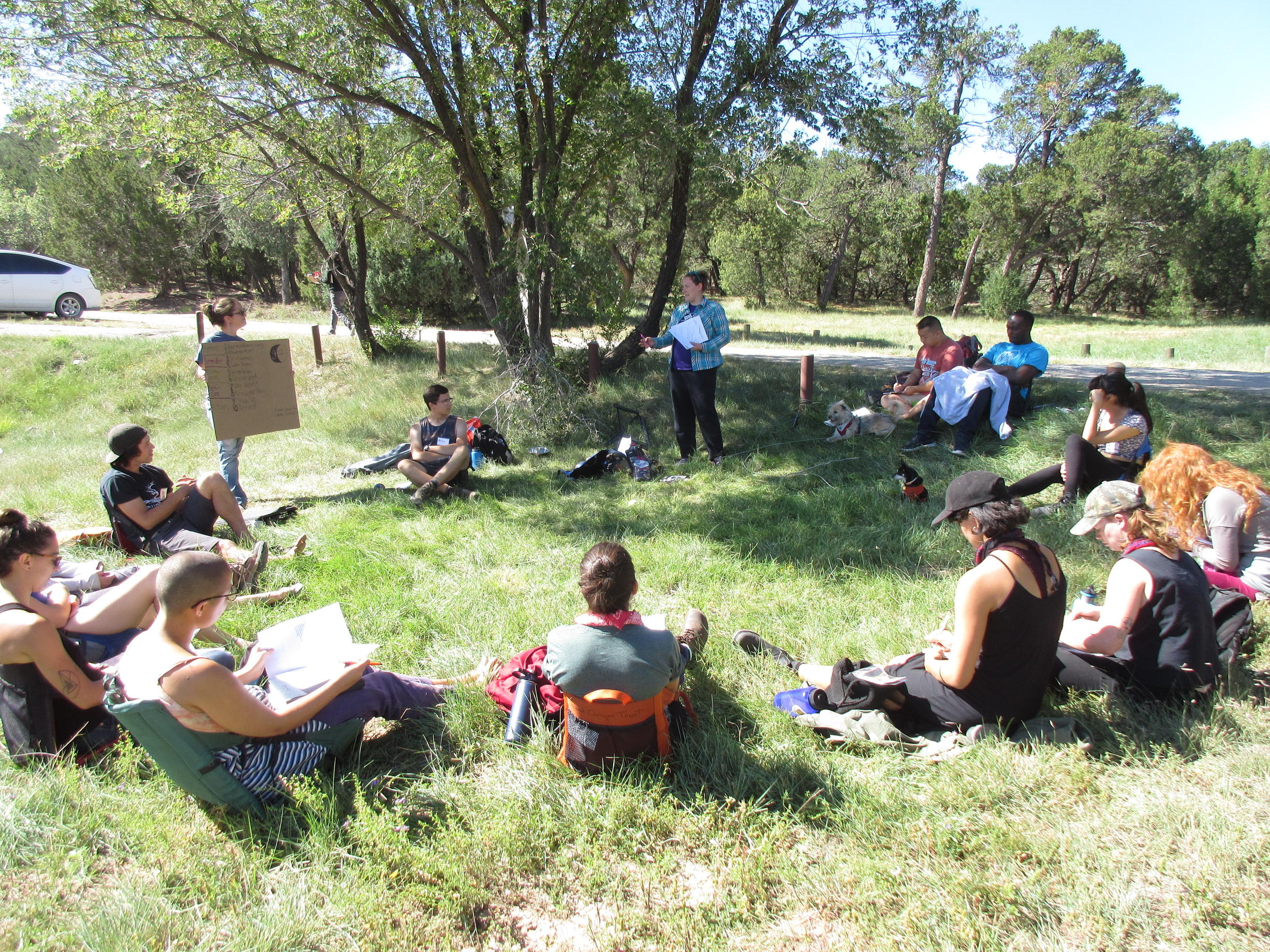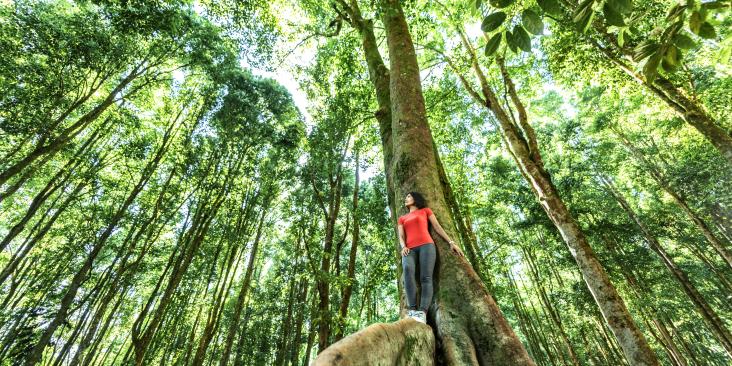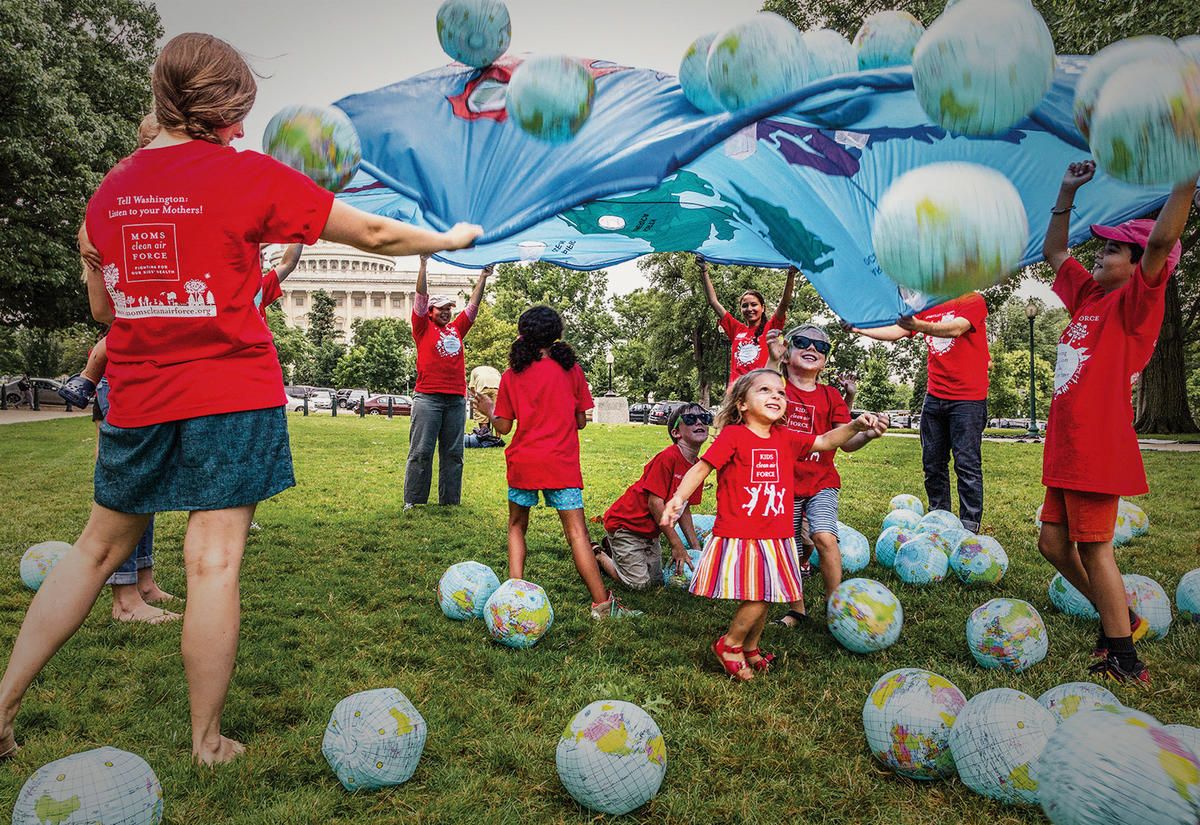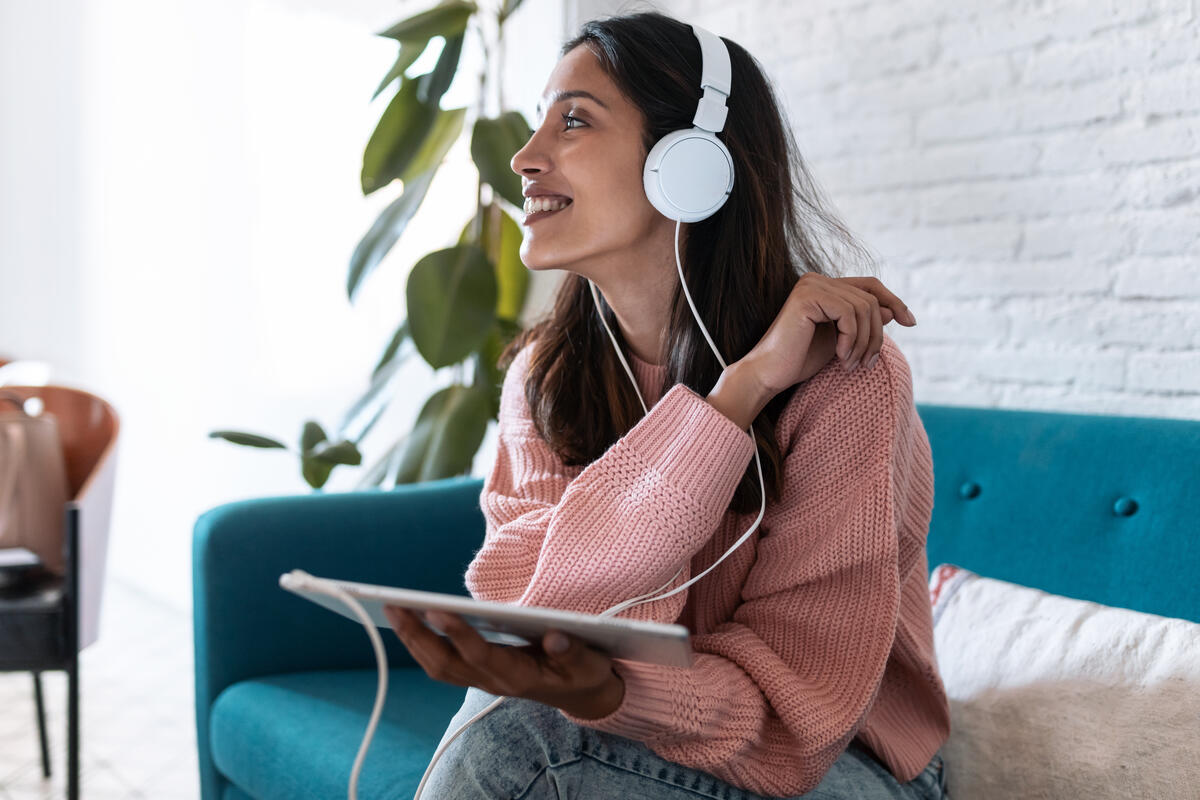May 4, 2022
In this interview, Yesh Pavlik Slenk, host of the Degrees podcast about planet-saving careers, talks with LaUra Schmidt, co-founder of the Good Grief Network, about eco-anxiety and how to deal with it.
Q: I constantly feel dread and guilt about what I’m signing my children up for by bringing them into this world. That’s my definition of climate anxiety. What’s yours?
A: For me, climate anxiety is about feeling like my personal agency has been taken away — that there’s nothing I can do as one human being to effect the change we need. When we wake up to how severe the climate crisis is, paralleled with our social-injustice issues, paralleled with our ecocide issues and our habitat-destruction issues, it takes on a personal blend of “what can I possibly do?” That despair, I think, is what most people label climate anxiety.
There is an emotional reaction when we notice that we’re committing ourselves to more storms, food shortages, crop failures, more fires. And that despair or hopelessness or grief or rage — if we’re not facing those feelings, they’re going to prevent us from having joy and expressing meaning in our lives.
Q: Did you start Good Grief Network to help you deal with your climate anxiety?
A: The idea came right after an air-quality march, where you see thousands of people on the ground, and then you see that not transfer to direct change in the legislature or in the law. And there’s only so many times you can show up for a march or a rally or call your legislator before you’re like, “Is there anything else I can do to make change happen?”
Amy and I knew the 12-step framework was great, so we borrowed some of its best aspects. We practice deep listening and bearing witness to each other’s stories. And that in itself provides healing for people, especially as we’re experiencing these heavy and painful feelings.

Q: How do you help people deal with their climate anxiety?
A: We start with accepting the severity of our predicament. Then we bring up our emotional reactions to the severity of the predicament. So in our spaces, we talk a lot about “I feel,” “I am,” “I experience the world this way.” Then we move into our relationships with uncertainty and with our own mortality and the mortality of everything. Mainstream culture is pretty phobic about talking about death and loss. So we’re trying to normalize what it means to be finite creatures on a finite planet and how we might make meaning with that understanding.
Then we move into our cognitive biases and assessment of the stories we tell ourselves — what does our culture tell us we should do about this problem? What does the culture tell us about what we value and how to make a meaningful life? Should we start questioning those norms?
Then we move into a practice of gratitude and beauty and connections. We talk about what it means to be harm-doers, to grieve the harm that we have caused — and the fact that we’re in a system that forces all of us to cause harm. We can take accountability for that to make better decisions. And then we reframe what meaningful action means.
Want real talk about planet-saving careers? Subscribe to the Degrees podcast
Q: What are some ways people can manage their climate anxiety?
A: There are a lot of practices we can employ in our daily lives. Feeling our feelings is one we obviously like talking about. And many of us spend a lot of time outdoors.
If we can, we spend time near water, which has a naturally calming effect. Another practice is journaling, getting those feelings out of us and onto a page. And you don’t even have to keep a journal — you can rip up the pages! Also, there’s a big movement to train more climate-aware therapists, which I think is huge and crucial for this time.
And I really want to advocate body movement. How are we moving our bodies to help regulate that buildup of cortisol or adrenaline or whatever feelings that come up in us?
Q: What’s your favorite practice to manage climate anxiety?
A: Random dance parties! My wife and I have a lot of random dance parties. She’s a DJ, so she really likes making Spotify playlists. We’ll just put on some music and dance together for 15, 20 minutes at a time.
Q: What about connection as a practice? What happens when we’re together that makes a difference?
A: Connection is essential. Connection reminds us that we're not alone. Connection inspires innovation and new ideas for ways of being and connecting. Time and again, psychiatrists and psychologists have taught us that we co-regulate with other people.
So if we have people doing their work to regulate themselves, and we come together in community, it helps us physically feel better to be in the presence of other regulated people. That’s true of introverts, too. I’m an introvert myself.
You don’t have to go to a party, but you do have to connect with other people. We’re definitely social creatures.
Listen to the full conversation on Degrees, our podcast featuring conversations with everyday changemakers working to save the planet.
Take action
-

Fight for clean air for kids
Moms Clean Air Force is a growing and powerful team of mothers, fathers and other concerned people who fight for children’s right to breathe clean air.
-

Get a green job to make a difference
Want to get paid to save the planet? Subscribe to our Degrees podcast to hear advice from young changemakers on how to do it.
-

Follow us on social media
Join a growing community of people who get environmental news that makes you think and inspires you to take action. Follow us on:














